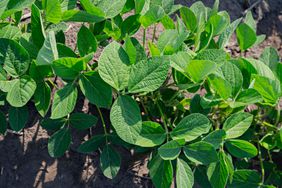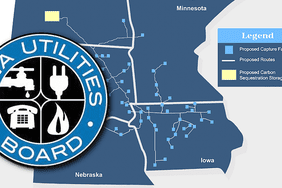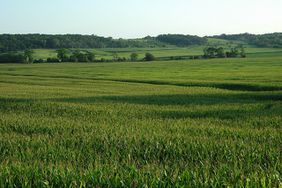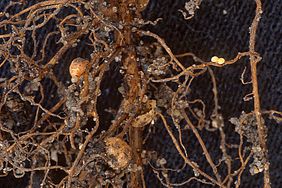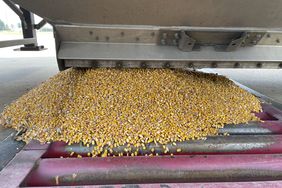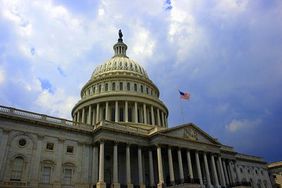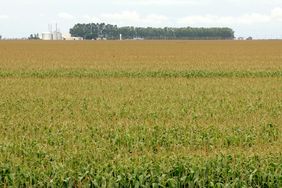:max_bytes(150000):strip_icc()/P2-Gullickson-Soybeans20sunlight-1-2000-9fa81ed3805d42e7833656fb3a1e1f05.jpg)
Progress continues to be made on BASF's soybean cyst nematode (SCN) transgenic trait.
It expresses a novel Bt protein, Cry14Ab-1, that will be part of the GMB151 SCN trait bred into soybean varieties containing native SCN resistance, such as PI 88788 and Peking. As part of the process, USDA's Animal and Plant Health Inspection Service (APHIS) prepared a draft plant pest risk assessment (PPRA) and draft environmental assessment (EA) for a 30-day public review and comment period on August 17, 2021. APHIS considered and reviewed all public comments and concluded that the GMB 151 soybean variety is unlikely to pose a plant pest risk to U.S. agricultural crops or other plants and deregulated it effective March 9, 2022.
The final EA, final PPRA, and other documents including regulatory determination are available on the News page of the APHIS Biotechnology Regulatory Services website.
BASF officials say the transgenic trait is expected to debut later this decade.

